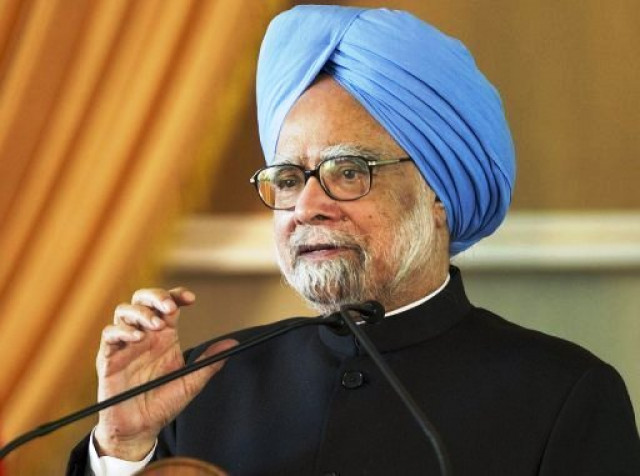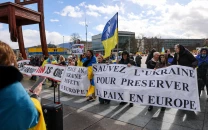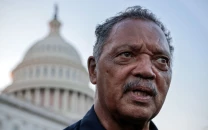WikiLeaks revelations: India rocked by ‘cash for votes’ scandal
Government allegedly bribed politicians to support US-India nuclear deal.

WikiLeaks revelations: India rocked by ‘cash for votes’ scandal
Indian Prime Minister Manmohan Singh’s ruling coalition suffered a devastating blow on Thursday when a leaked diplomatic cable between the US Embassy in Delhi and Washington revealed that at least two ministers and several Congress party office bearers paid for votes during the no-confidence vote in 2008 in the run-up to the US-India civilian nuclear agreement.
The leaked cable was published today in The Hindu newspaper and said former minister Satish Sharma’s aide Nachiketa Kapur had shown a US Embassy official chests full of money and explained to him that the government would survive “as we have [Indian] Rs500 to 600 million at our disposal”. He is also reported to have said that four MPs from the Rashtriya Lok Dal (RLD) party were paid INR 100 million each for voting for the government.
Congress party members were defiant in face of the charges. Satish Sharma denied he ever had an aide called Nachiketa Kapur, back-benchers in Parliament tried to outshout the opposition, and Congress spokesmen questioned the veracity of the cables. A beneficiary of the bribe, Ajit Singh of the RLD, said his party had voted against the government because it is opposed to nuclear energy.
There were, however, telling signs that the Congress was shocked by the revelation. Neither the prime minister nor cabinet members were seen in Parliament throughout the day, with the exception of Finance Minister Pranab Mukherjee. Although MPs tried to wear a brave face, privately they conceded that the cable had done grievous damage to the “credibility and legitimacy of the government”.
In a cable, dated July 17, 2008, sent to the State Department and accessed by The Hindu through WikiLeaks, US Charge d’Affaires Steven White wrote about a visit the embassy’s political counsellor paid to Satish Sharma, who is described as “a Congress Party MP in the Rajya Sabha [upper house of Indian Parliament]... and considered to be a very close family friend of Sonia Gandhi.”
Sharma told the US diplomat that he and others in the party were working hard to ensure the government won the confidence vote on July 22. After describing the approaches the Congress leader said had been made to the Bharatiya Janata Party and the Akali Dal, White said that the political counsellor was given details about which politicians were being paid for their votes.
Sharma told the US diplomat “that Prime Minister Singh and others were trying to work on the Akali Dal through financier Sant Chatwal and others, but it did not work out.” Efforts were also on to try and get the Shiv Sena to abstain.
“Another Congress Party insider said that Commerce Minister Kamal Nath is also helping to spread largesse. ‘Formerly he could only offer small planes as bribes,’ according to this interlocutor, ‘now he can pay for votes with jets,’” says the US diplomatic cable.
The Indian cabinet met late on Thursday evening to decide the government’s strategy. Pranab Mukherjee, however, gave an indication of what the government might try.
“The government of the day is ... accountable to the 15th Lok Sabha and not the 14th Lok Sabha,” he said, referring to the fact that the events in question took place during the previous parliamentary term. He questioned whether Wikileaks was acceptable as evidence in Indian courts.
Opposition leaders pointed out, however, that there was no statute of limitation on filing corruption charges in India.
When Opposition Leader Arun Jaitley said the government was “guilty of a cover-up”, an angry Mukherjee retorted, “Why don’t you go to the court and file a public interest litigation on the basis of this evidence?”
Gurudas Dasgupta, of the Communist Party of India, said “when the government didn’t get support on the nuclear agreement, it bought support.”
Published in The Express Tribune, March 18th, 2011.



















COMMENTS
Comments are moderated and generally will be posted if they are on-topic and not abusive.
For more information, please see our Comments FAQ